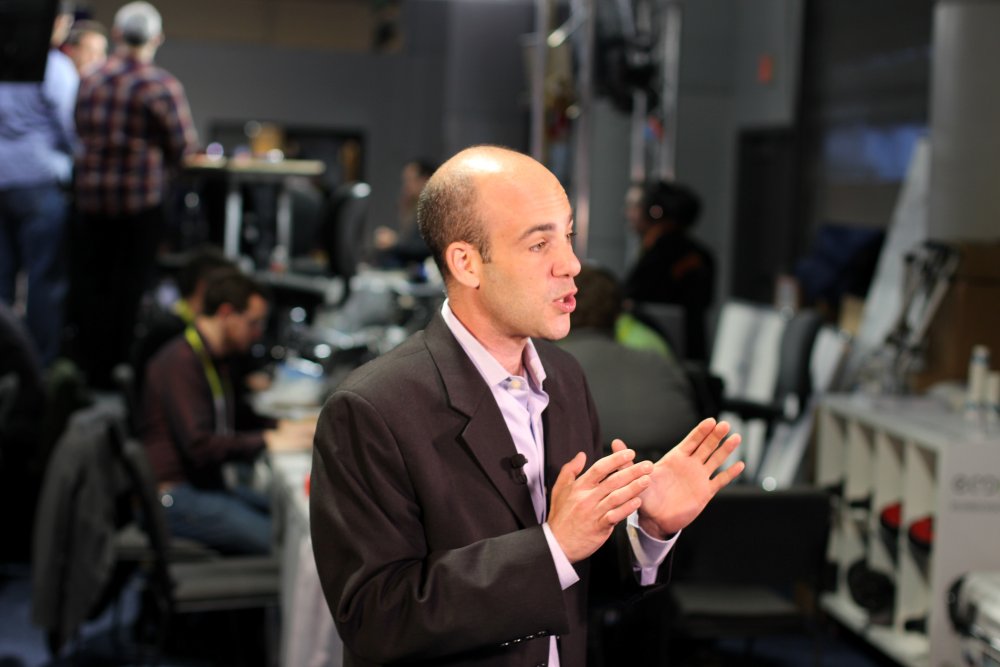If you’re in ecommerce, it seems like there is always another tweak for you to attract more customers. Hiring a consultant could increase your chances of success when implementing these strategies. However, navigating these waters and finding a match with project fit and price can be tricky. Here are the questions you should ask yourself before hiring an ecommerce consultant:
1. How much growth do I believe is possible within the next 12 months?
Explaining your growth expectation means a greater possibility of hiring a consultant who will be on the same page. If you think that 100 percent growth is doable and the consultant expects to deliver 20 percent, then you know they’re probably not a good fit.
If you’re unsure how much you think you can grow in a year, look at your industry average. If you can’t find this, look to other companies in your market. Take a look at your infrastructure. Consider how much you can scale based on whether your business is product or service-based.
2. Do I already know the problem I want to address?
Bring problems you want a consultant to address, but remain flexible on the solution. Consultants will know more about where you can make improvements. That’s why you’re hiring them. Keep an open mind, especially when the consultants show you a solution that may be unorthodox or different from your original vision.
Remember, consultants often tend to spend money to solve problems, whereas the client (you) tends to prefer solutions that don’t cost much. Be wary of overly expensive solutions, but also understand you have to spend money to make money.
3. What do you expect them to do?
Unrealistic expectations, on either side of the relationship, are a common issue in ecommerce consulting. Instead of waiting to do a year-end review, clearly define the consultant’s role and set regular benchmarks. If the project starts going off course you need to decide if you believe in your consultant’s process. From there you can decide to keep your current consultant and reset your benchmarks, or begin looking for a consultant who will be a better fit.
4. What is your budget for this project?
Meet with a few consultants and see how they charge clients. Ask for bids from the consultants you meet with and choose the best one out of the group. Remember that everything is negotiable. Don’t be a miser, but look for creative solutions that work for both you and your consultant.
5. What do I want my role to be?
Ask yourself if you want to execute a plan based on a consultant’s documentation and guidance, or if you want to give the reins to your consultant. Lay out the deliverables you expect from your consultant based on this.
In any relationship, there will be questions that pop up and overlooked tasks. Set up a weekly meeting or conference call to catch these matters before they fall through the cracks.
6. Do I want to focus on top-line or bottom-line growth?
The answer to this question is based largely on where you are in your company cycle. If you’re a startup, you’re going to want to focus on top-line growth. If you’re a more established company, bottom-line growth might be better given your goals.
Regardless, top line growth is easier to understand on a balance sheet. The goal is to create profit-based goals even it you don’t see it in your bottom line.
For example, increase your top-line revenue but choose to reinvest it in your company much like Amazon does. You’ve increased your top-line growth but you won’t see it in your bottom line since you reinvested it.
Alternatively, you can hire a consultant to come in and cut costs, increasing your bottom-line. Maybe they will see a place where you can cut costs in marketing while seeing no loss in sales. Your top-line sales won’t increase but your net profit will see a nice bump.
7. Am I willing to spend money to make money?
Everyone agrees with this philosophically, but when it comes time to write the check we get nervous and have second thoughts because making money on the back end isn’t guaranteed. Rephrase the question to, “Are you will to spend $X to possibly make more?”
Resources: ExpertOnline360.com







